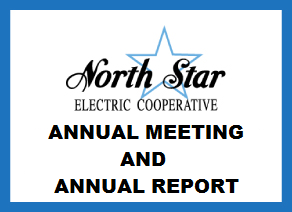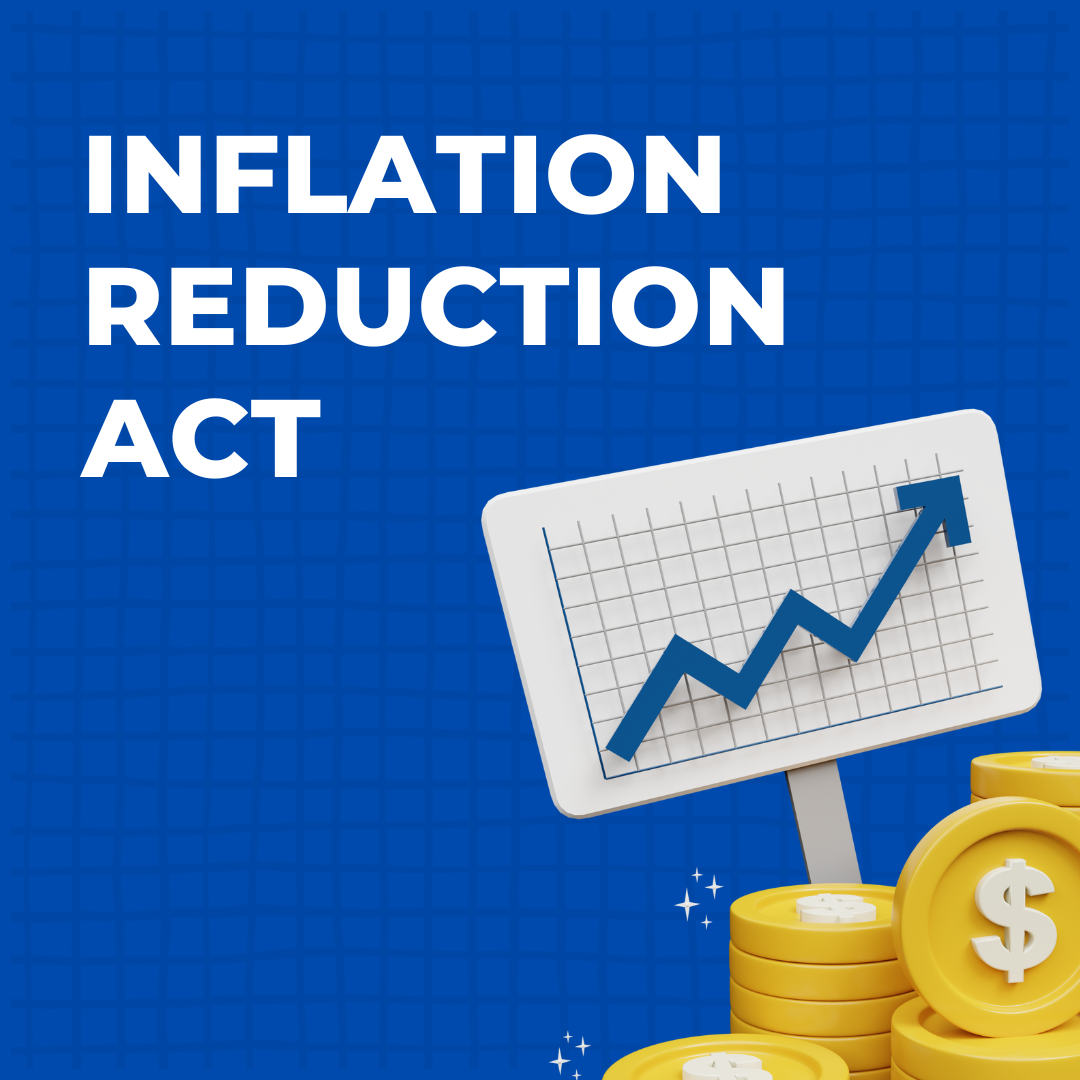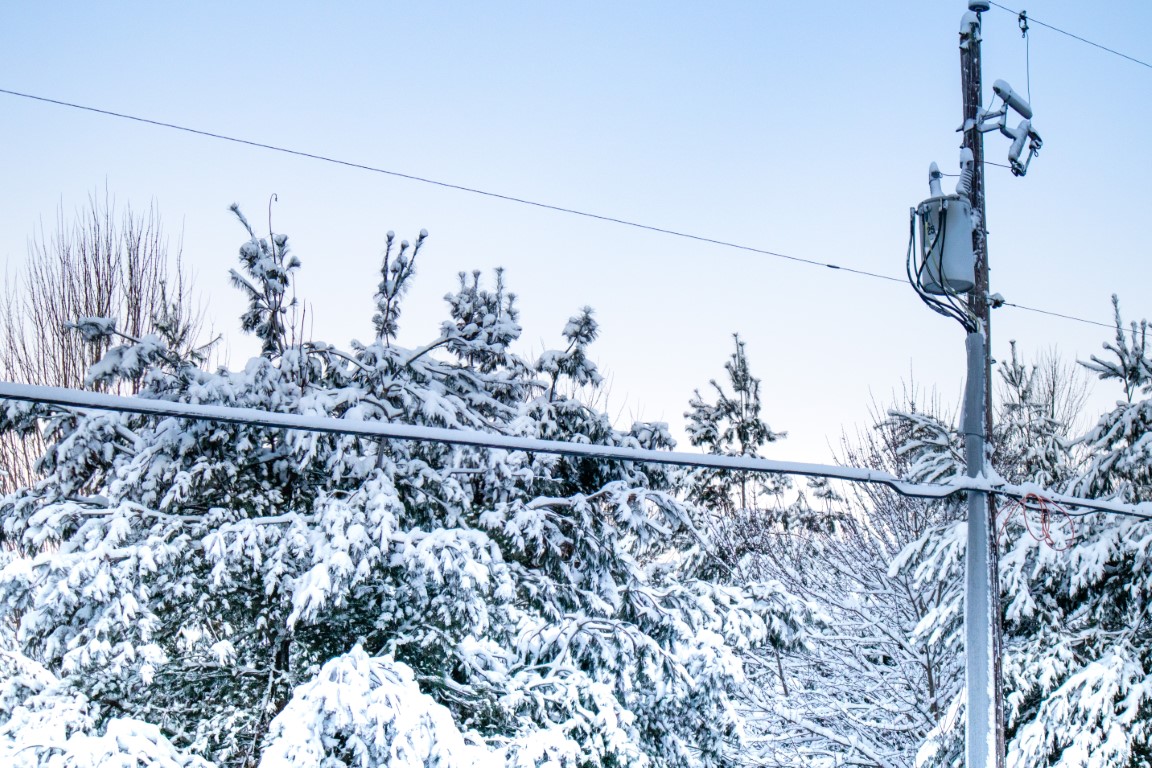Project Tundra reached major milestones in the fourth quarter of 2023 that help position the project for a final decision in the upcoming year. The U.S. Department of Energy announced on Dec. 14 that it has selected Project Tundra as a recipient of funding through the Carbon Capture Demonstration
Projects Program. The funding award is under negotiation for up to $350 million.
“We’re grateful that the Department of Energy recognizes the importance of developing carbon capture systems and is positioning the United States to be a leader in the advancement of this critical clean energy technology,” said Mac McLennan, Minnkota president and CEO. “Innovation is our path forward through the energy transition. Project Tundra has the potential to help pave the way toward a future where electric grid reliability and environmental stewardship go hand in hand.”
The project also received approval of a permit on Oct. 4 that will provide additional space to safely and permanently store carbon dioxide (CO2) near Center, N.D. The Dakota Carbon Center West storage facility has the capacity to store 122 million metric tons of CO2 over a 20-year period. Combined with the already permitted Dakota Carbon Center East storage facility, Project Tundra has the capability to store 222 million metric tons of CO2 over two decades in Oliver County.
The vision for Project Tundra is to advance next generation carbon capture and storage technologies at the Milton R. Young Station, a power generation facility located near Center, N.D. The project is being developed by Minnkota Power Cooperative, TC Energy, Mitsubishi Heavy Industries and Kiewit and its affiliates. Through Project Tundra, up to 4 million metric tons of CO2 are planned to be captured annually from the Young Station and stored in geologic formations approximately one mile underground near the plant site. If Project Tundra moves forward into construction, it will be the largest post-combustion CO2 capture project in the world.
“We remain grateful for the strong support we’ve received from area landowners, the city of Center and Oliver County,” McLennan said. “The science has shown that we have ideal geology to store CO2 in the region, but none of that matters if we don’t build and maintain relationships with the people in the area. We look forward to continued engagement with these stakeholders as Project Tundra moves ahead.”
Project Tundra is currently in its final development phase. The completion of advanced engineering and design work on the carbon capture facility is scheduled for the spring of 2024. A final decision on whether to move forward with the project is expected in mid-2024.









